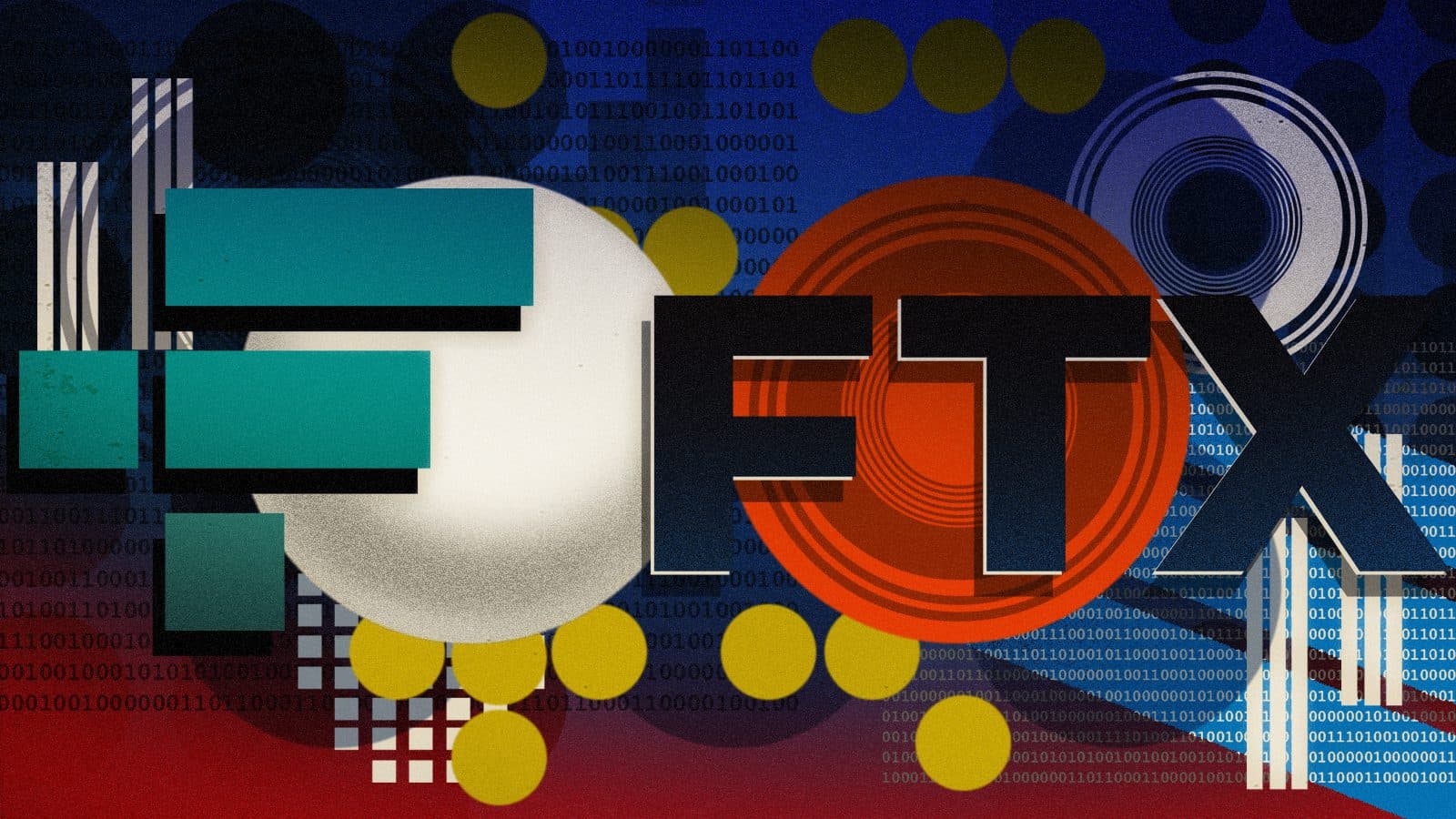Brett Harrison Leaving FTX US, Moving Into Advisory Role
“I have deep gratitude for my experiences at FTX in the last year and a half,” Harrison tweeted

Blockworks exclusive art by axel rangel
- FTX has been actively acquiring crypto startups during the bear market
- Harrison plans to remain in the cryptocurrency space, working to remove barriers of entry to the industry
Brett Harrison is stepping down from his position as president of FTX US, he announced on Twitter Tuesday.
 Brett Harrison, former president of FTX US
Brett Harrison, former president of FTX USFounded by billionaire Sam Bankman-Fried, FTX is one of the largest centralized cryptocurrency exchanges.
Over the past year, FTX’s growth surged by 1,000%, with revenue reportedly jumping from $89 million to $1.02 billion in 2021.
It is no surprise that the company has been actively acquiring crypto startups that have been under threat in the beat market — scoring discounted deals, including acquiring crypto lender BlockFi for a maximum of $240 million in July, and Voyager Digital’s assets for $1.4 billion on Monday.
“I have deep gratitude for my experiences at FTX in the last year and a half,” Harrison tweeted. “I don’t doubt my experiences in this role will be among the most cherished of my career.”
Harrison joined FTX in May 2021 after serving as the head of semi-systematic technology at Citadel Securities for almost two years.
“This industry is at a number of crossroads. The one that matters most to me, as a financial technologist, is the intersection of the arrival of larger market participants, and the increasing fragmentation and technological complexity of the market’s landscape,” Harrison tweeted.
“The technological frictions that will occur at that intersection, and how effectively they’re reduced, will be a critical factor in determining the future growth and stability of crypto markets: their liquidity, their capitalization, their resilience, their utility,” he said.
Harrison will remain in the crypto space and work to make the industry more accessible, removing barriers in both centralized and decentralized markets.
According to Bankman-Fried’s latest tweet, Harrison will be moving to an advisory role in the industry.
“I can’t wait to share more about what I’m doing next. Until then, I’ll be assisting Sam and the team with this transition to ensure FTX ends the year with all its characteristic momentum,” he tweeted.
Get the news in your inbox. Explore Blockworks newsletters:
- The Breakdown: Decoding crypto and the markets. Daily.
- 0xResearch: Alpha in your inbox. Think like an analyst.






